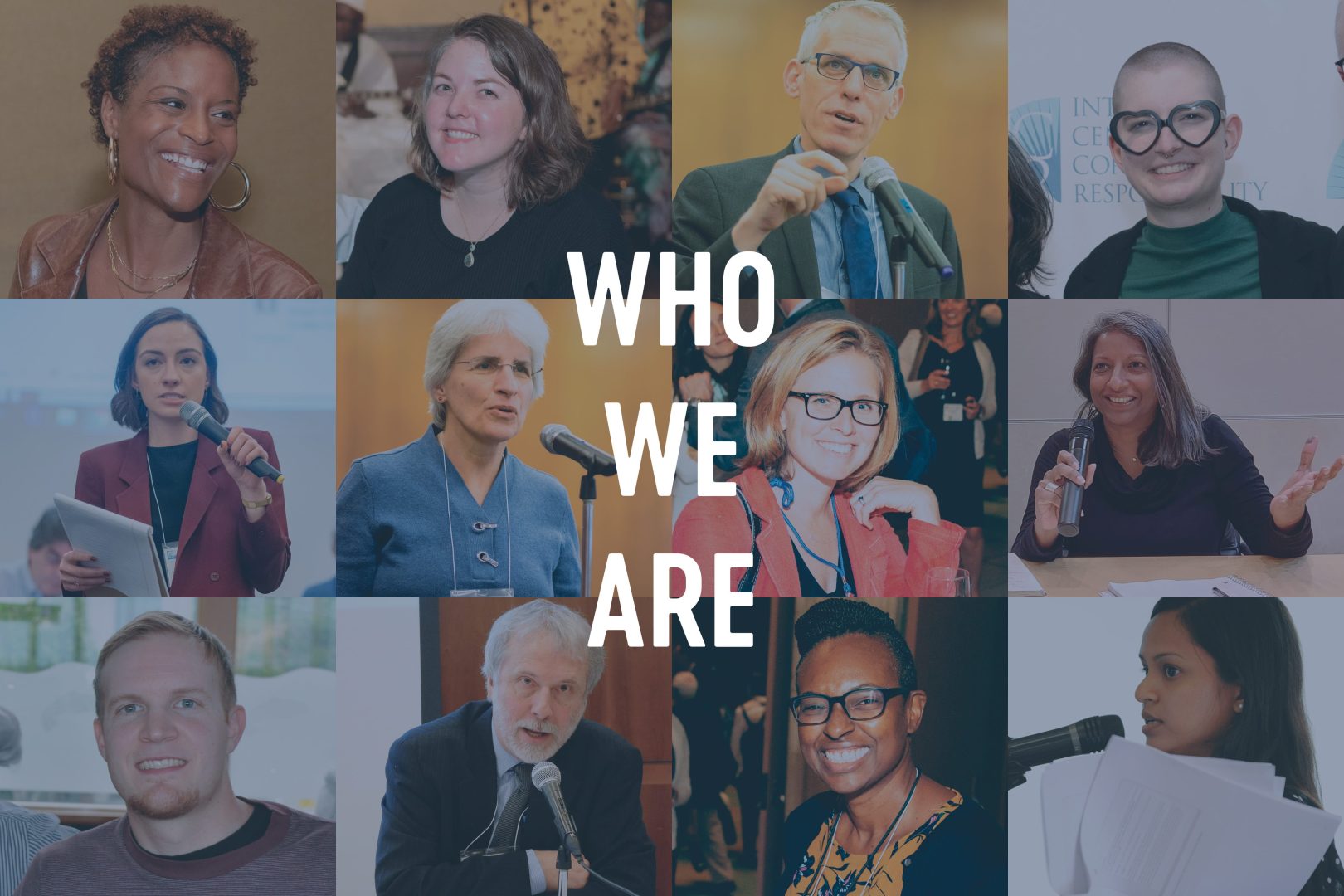Resolution Details
Bank of Montreal
2024
Inclusiveness
Racial Justice
Withdrawn for Agreement
Resolution Text
RESOLVED shareholders request the bank conduct and publish (at reasonable cost and omitting proprietary information) a third-party racial equity audit analyzing BMO’s adverse impacts on non-white stakeholders and communities of colour. Input from civil rights organizations, employees, and customers should be considered.
SUPPORTING STATEMENT
Financial institutions play a key role in society allowing businesses and individuals to access essential economic opportunities through a broad range of financial products and services, including facilitating transactions, providing credit and loan services, savings accounts, and investment management. Financial institutions have a responsibility to ensure that their business operations, practices, policies and products and services do not have adverse impacts on non-white stakeholders and communities of colour.
An estimated 3%-6% of Canadians are unbanked, and 15-25% of Canadians are underbanked. Unbanking and underbanking has a disproportionate effect on Indigenous peoples, and “financial access has been cited by researchers as an endemic problem in ‘low-income communities of color’.”1
The Financial Consumer Agency of Canada found that racialized or Indigenous bank customers are subjected to discriminatory practices2 and were more likely than other customers to be recommended inappropriate products, were not presented information in a clear and simple manner, and were offered optional products, such as overdraft protection and balance protection insurance.
BMO has been subject to negative media coverage on racial equity issues, including racial profiling and racial discrimination.3,4 Such controversies may be indicative of systemic racial equity issues in the Company’s operations. Racial equity issues present significant legal, financial, regulatory, and reputational business risks to the bank and its shareholders.
At BMO’s 2023 annual meeting of shareholders, 37% of votes were cast in favour of a resolution requesting a third-party racial equity audit. BMO argued in its response that an audit was not additive or necessary, instead referring to its 2025 Zero Barriers to inclusion policy to break down barriers for historically underserved and marginalized groups through inclusive banking products, services, and resources as part of BMO EMpower 2.0.
While BMO’s Zero Barriers to Inclusion 2025 strategy earmarks loans for historically disadvantaged groups, it fails to address existing or potential racial equity issues stemming from the products and services it offers, and the bank’s current diversity, equity, and inclusion (DEI) commitments are insufficient to identify or address potential and existing racial equity issues stemming from its practices, policies, products, and services.
A racial equity audit is a way to ensure that bank activities such as the Zero Barriers to Inclusion strategy and its philanthropic efforts are truly effective. A racial equity audit can inform and facilitate any course correction necessary to promote racial equity and protect the company from risk.
BMO’s peer banks in both the United States and Canada have agreed to similar racial equity audits, including Citigroup, Wells Fargo, TD Bank, Scotiabank and National Bank of Canada. In light of BMO’s recent US acquisitions including of Bank of the West, failure to assess racial equity impacts may expose our bank to undue risk.
1 https://bcbasicincomepanel.ca/wp-content/uploads/2021/01/Financial_Inclusion_in_British_Columbia_Evaluating_the_Role_of_Fintech.pdf
2 https://www.canada.ca/en/financial-consumer-agency/programs/research/mystery-shopping-domestic-retail-banks.html
3 https://yellowheadinstitute.org/2020/02/27/banking-while-brown-indigenous-people-and-structural-racism-in-canada/
4 https://www.cbc.ca/news/canada/british-columbia/bmo-human-rights-complaint-1.5812525




